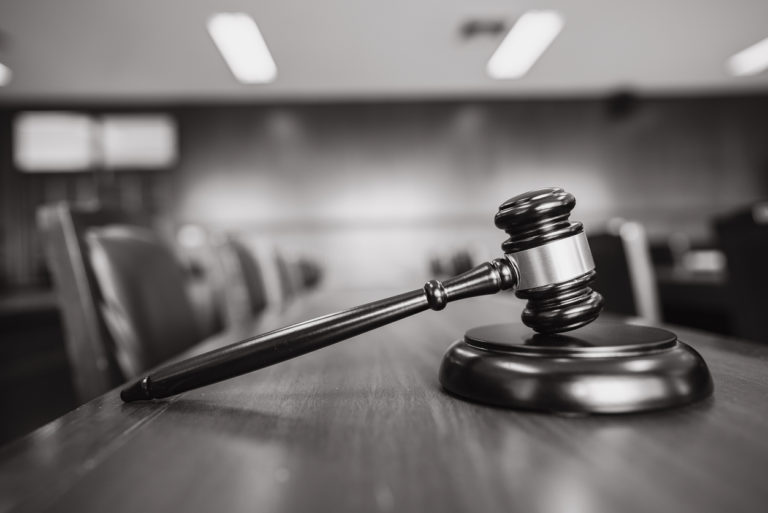Dhamian Blue Recognized as 2024 Super Lawyer
Blue LLP is excited to announce that Dhamian Blue has been recognized in the 2024 Edition of North Carolina Super Lawyers. Super Lawyers is a rating service […]
We represent people accused of bank fraud and other financial crimes.




Bank fraud is a serious white collar financial crime that can be committed by everyday people. The Federal Bureau of Investigation and some of its partner agencies, including the Securities and Exchange Commission, the Internal Revenue Service, the U.S. Postal Inspection Service, and the U.S. Treasury Department’s Financial Crimes Enforcement Unit, have seemingly unlimited resources to investigate and prosecute both simple and sophisticated bank fraud schemes.
Our lawyers have successfully handled federal bank fraud cases, and you should contact us right away if you are suspected of committing that crime.
Blue LLP is a law firm whose attorneys who have achieved substantial successes for our clients in the federal criminal justice system. We are committed to providing the highest level of advocacy, service, and results for our clients.
Our lawyers have experience representing clients facing the toughest moments of their lives. We represent people from all walks of life, and are keenly aware of the unique challenges experienced by professionals who are facing criminal prosecution. Our clients trust us with their reputations. livelihood, and most of all, their freedom.
Don’t take unnecessary chances, and call us to learn how we can help.

If you have been accused of bank fraud or suspect that you are in trouble, call us today to see how we can help. The call is free and confidential. We only take on clients who we believe we can help.
Complete the form below or call (919) 833-1931 for a free consultation.
Blue LLP is excited to announce that Dhamian Blue has been recognized in the 2024 Edition of North Carolina Super Lawyers. Super Lawyers is a rating service […]

Sentencing mitigation is an extremely important tool for criminal defense attorneys. The sentencing phase of the federal criminal justice system can make convicted people feel […]

In the federal system, a felony is a crime that can be punished by a term of one year or more imprisonment. Federal felonies are […]